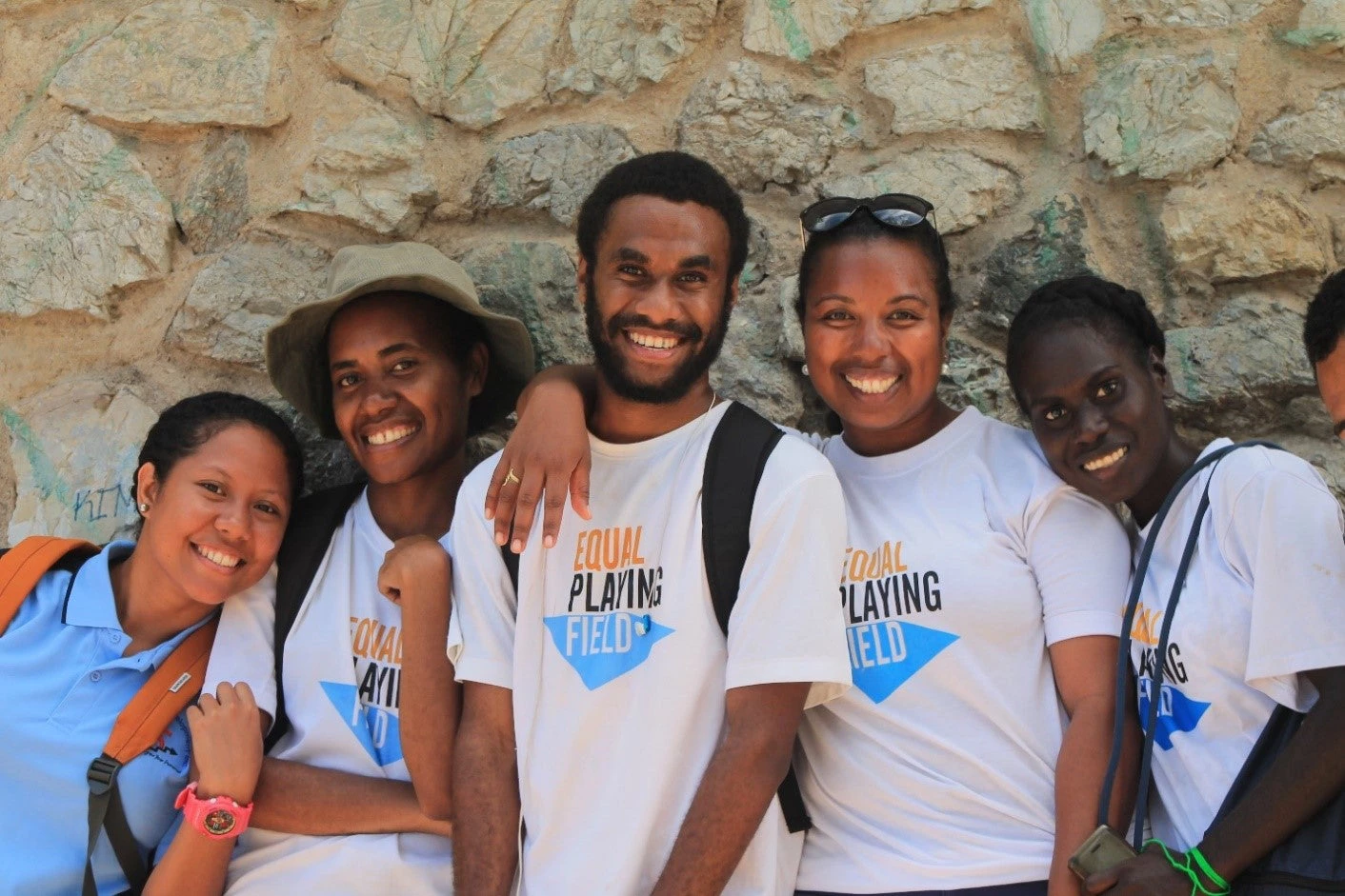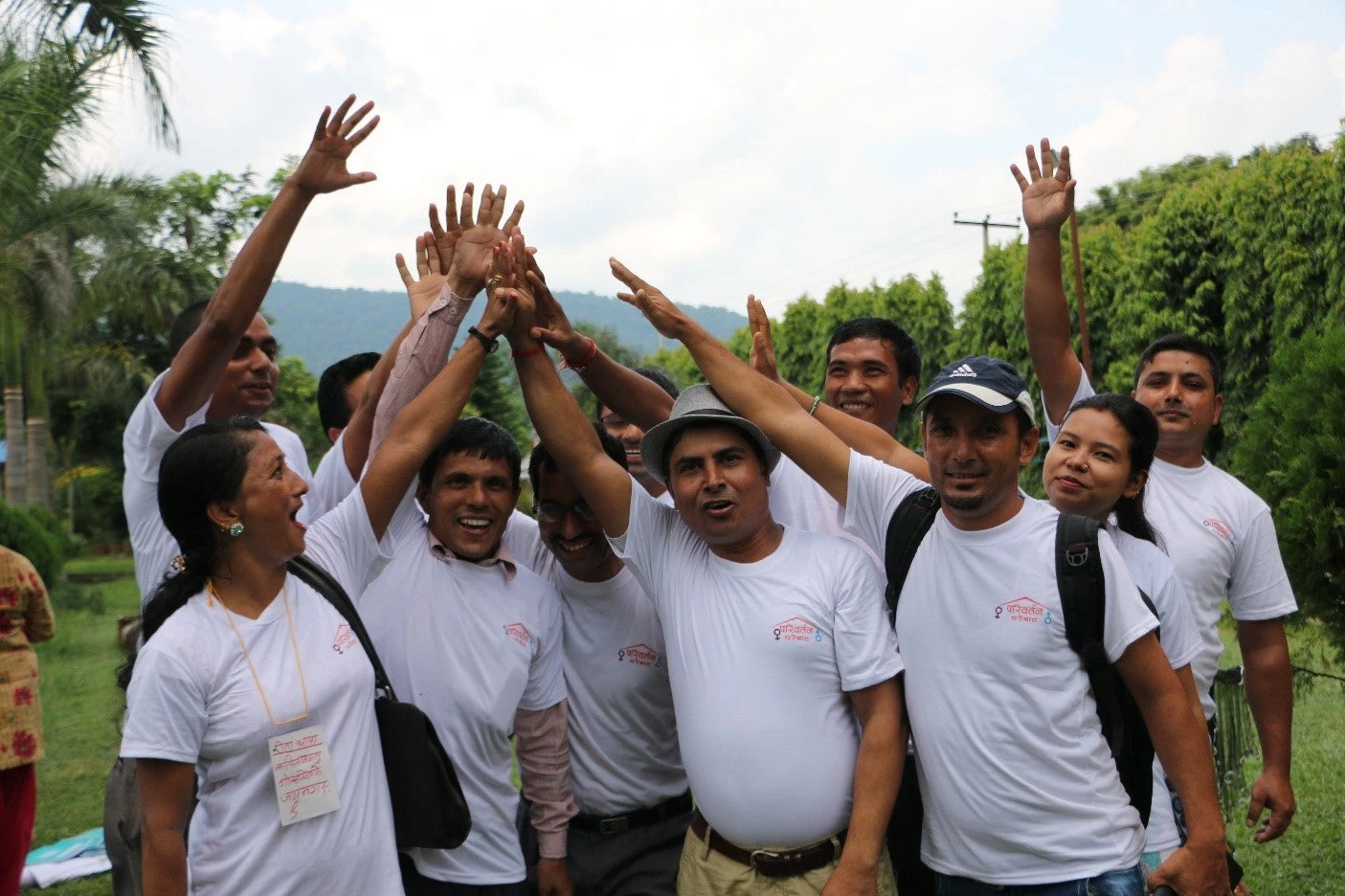
Violence against women and girls is a global pandemic affecting one-third of women. It takes many forms, including female infanticide, female genital mutilation, battering, rape, sexual abuse, harassment and intimidation, trafficking, and forced prostitution. It occurs in the home, on the streets, in schools, workplaces, farm fields, and refugee camps, during times of peace as well as in conflicts and crises.
To stem violence, it is crucial that countries and program implementers are informed by evidence on what works best. There needs to be a stronger, broader knowledge base about prevention and response that can inform investments, policy and practice.
That’s why the World Bank Group and Sexual Violence Research Initiative (SVRI) celebrate and advance groundbreaking research through the Development Marketplace: Innovations to Address Gender-Based Violence.
Over three years, more than $3.4 million has been awarded by the Bank Group and SVRI to 30 research projects in 25 low- and middle-income economies spread across all the Bank’s regions.
Countries have made progress passing laws that criminalize domestic violence. However, ensuring that women and girls can live without fear of violence requires not just legislative change but also improvements in service delivery, shifts in social norms, and reductions in risk factors.
In identifying winners among hundreds of applicants each year, we prioritize research that will make a scientific contribution to the field by building on what is already known and addressing a gap. We look for projects that will be methodologically innovative, expand capacity in low- and middle-income countries, and will further collaboration between academics, practitioners and policy-makers.
During this year’s 16 Days of Activism Against Gender-Based Violence, it is timely for us to acknowledge the impact of recent Development Marketplace winners. Examples include:
- In Bangladesh, research revealed that when cash or food transfer programs are paired with behavior change communication providing empowerment and reducing women’s isolation, a significant reduction in intimate partner violence can continue even after transfers end.
- In Lebanon, research showed that some Syrian refugee girls choose to marry early to escape difficult living conditions. A complex myriad of factors is responsible including poverty, lack of educational opportunities, and concerns about harassment and gender-based violence. Men and women in the group have different views about the most important causes of child marriage, suggesting that gender-specific strategies may be most effective in reducing the harmful practice.
- Two research projects in Kenya and Uganda have demonstrated how notions of masculinity can underpin violence. The Kenyan study confirmed that gender-based violence has direct links with male alcohol use which is related to mental health and psychosocial problems. This means that mental health interventions for men that disrupt this pathway warrant further exploration. In Uganda, researchers found that men’s experiences of violence during childhood are associated with the perpetration of interpersonal violence as adults, and some men believe that violence is socially expected. Learning from this, a program has been piloted to increase men’s participation in violence prevention.

The award-winning research also informs World Bank interventions. In Thailand, Egypt and Pakistan, winning researchers have presented their findings to the World Bank country teams ; in Nepal the researchers are participating in WBG staff training; and in Papua New Guinea, the Bank has examined expanding a ground-breaking research program.
In addition, the award affords researchers a public profile that has helped them to connect with decision-makers and inform policies, as well as leverage additional funding. One team used the platform provided by the award to gain another $115,000, while another received an extra $2 million.
The SVRI and the World Bank also work to strengthen grantees’ capabilities by revising proposals and enhancing tools and methodology , and by bringing together all the winning teams for a week of learning, networking, and collaboration. Conversations between past and present award winners will continue at SVRI’s 6 th global conference on violence against women, SVRI Forum 2019, in Cape Town in October 2019.
The award’s diversity makes for a rich exchange: our 11 winners this year include a team working with Papua New Guinea school children, researchers looking to reduce violence among newly married couples in Jordan, a group exploring how a ‘walking school bus’ can affect school-related violence in South Africa, and a team looking at using a phone app to reduce teenage dating violence in Honduras.
Our fourth cohort of winners will be announced at the Spring Meetings of the World Bank Group and the International Monetary Fund (IMF) next April , recognizing new innovations that are needed to one day ensure a world in which girls and women can live free from violence.



Join the Conversation